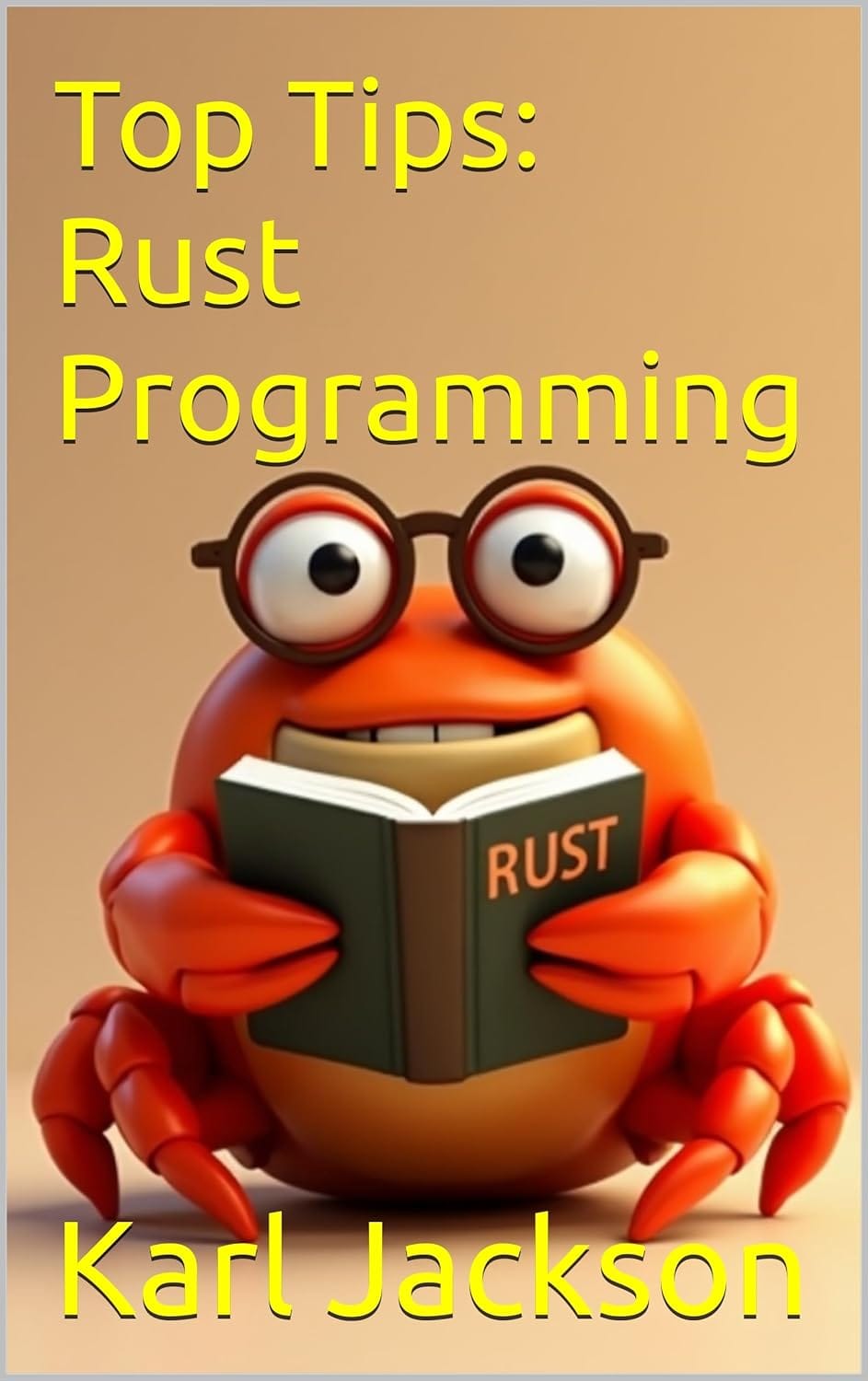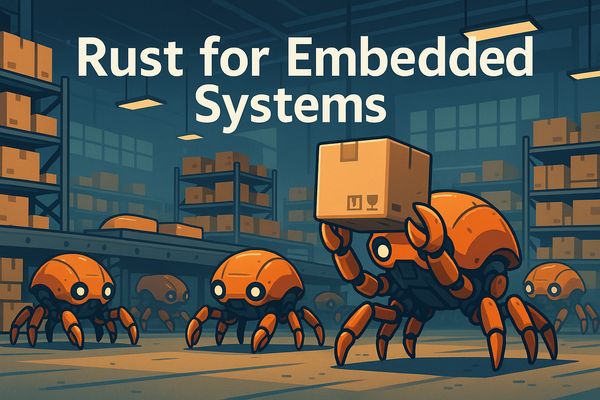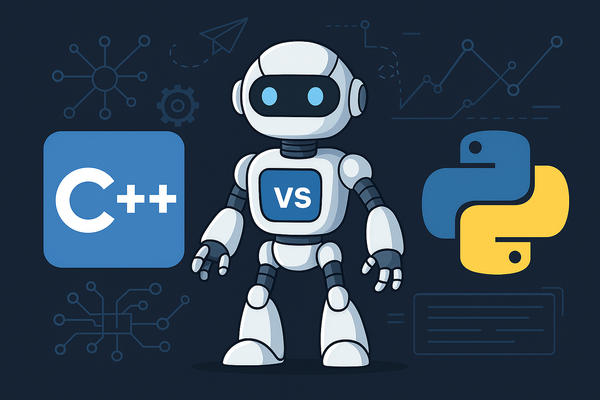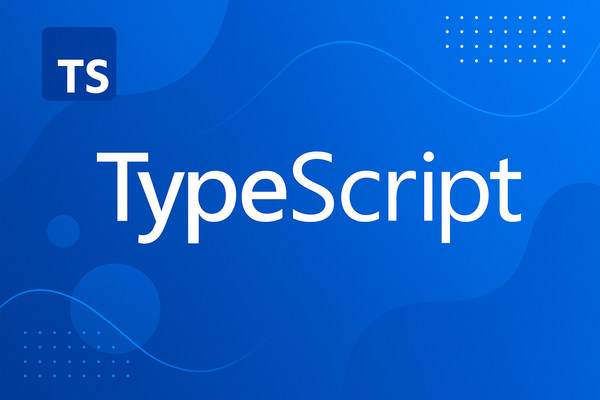Why use Rust Programming?
Rust delivers safety, speed, and modern tooling. Learn how to install it, write your first program, and discover why Rust developers are in such high demand.

Rust has exploded in popularity over the past few years, thanks to its fearless compiler, modern tooling, and emphasis on safety and performance. In this post, you’ll learn how to install Rust on both macOS and Windows, write and run a simple “Hello, world!” program, implement a Fibonacci sequence generator, and explore why Rust developers are in such high demand.
Why Rust?
- Memory Safety
Rust’s ownership model and borrow checker eliminate entire classes of bugs (data races, null pointer dereferences) at compile time. - Performance
Rust compiles to native code with zero-cost abstractions, matching or exceeding C/C++ performance. - Modern Tooling
Cargo (Rust’s package manager and build system),rustfmt, andclippyensure a consistent, productive workflow. - Growing Ecosystem
From systems programming to WebAssembly and CLI tools, Rust’s ecosystem is vibrant and expanding.
Installing Rust
macOS
Follow the prompts to add Rust to your PATH. Then verify:
rustc --version
cargo --version
Install Rust via rustup:
brew install rustup-init
rustup-init
Install Homebrew (if you don’t have it):
/bin/bash -c "$(curl -fsSL https://raw.githubusercontent.com/Homebrew/install/HEAD/install.sh)"
`
Windows
- Download and run the Rust installer (
rustup-init.exe). - Follow the on-screen prompts. By default, this installs:
rustc(the Rust compiler)cargo(the build tool and package manager)rustup(the toolchain installer)
Open a new PowerShell or Command Prompt and verify:
rustc --version
cargo --version
Your First Rust Program: “Hello, world!”
Build and run:
cargo run
You should see:
Compiling hello_rust v0.1.0 (…)
Finished dev [unoptimized + debuginfo] target(s) in 0.34s
Running `target/debug/hello_rust`
Hello, world!
Inspect src/main.rs—it already contains:
fn main() {
println!("Hello, world!");
}
Create a new project:
cargo new hello_rust
cd hello_rust
Example: Fibonacci Sequence
Let’s implement a simple function to compute the _n_th Fibonacci number recursively:
fn fibonacci(n: u32) -> u32 {
match n {
0 => 0,
1 => 1,
_ => fibonacci(n - 1) + fibonacci(n - 2),
}
}
fn main() {
for i in 0..10 {
println!("fib({}) = {}", i, fibonacci(i));
}
}
Run it with:
cargo run
Expected output:
fib(0) = 0
fib(1) = 1
fib(2) = 1
fib(3) = 2
fib(4) = 3
fib(5) = 5
fib(6) = 8
fib(7) = 13
fib(8) = 21
fib(9) = 34
Tip: For larger n, consider iterative or memoized approaches to avoid exponential recursion.
Why Jobs for Rust Developers Are So High
- Systems-Level Performance Needs Companies building performance-critical software (game engines, OS components, networking stacks) choose Rust to get C-level speed with safety guarantees.
- Security-Critical Applications Financial services, embedded devices, and blockchain projects adopt Rust to avoid memory-safety vulnerabilities.
- Modern Cloud and WebAssembly Rust powers WASM-based front‑end frameworks (Yew, Seed) and backend servers (Actix, Rocket), spurring demand for full‑stack Rust engineers.
- Limited Talent Pool Rust’s steep learning curve and relative newcomer status mean fewer seasoned Rustaceans, driving up salaries and demand.
- Industry Momentum Major companies—Mozilla, Microsoft, Amazon (Firecracker), and Cloudflare—are investing heavily in Rust, creating more job openings.
According to the Stack Overflow 2024 Developer Survey, Rust was voted the “most loved” language for the ninth year in a row, and job postings requiring Rust skills have grown by over 80% year-over-year on major job boards.
Conclusion
Rust’s blend of safety, performance, and cutting‑edge tooling has earned it a devoted following—and a competitive job market. Whether you’re writing low‑level systems code or high‑performance web services, installing Rust and getting started with Cargo is quick and straightforward. With “Hello, world!” under your belt and a taste of Fibonacci, you’re ready to explore the many crates (libraries) on crates.io and join the thriving Rust community.




